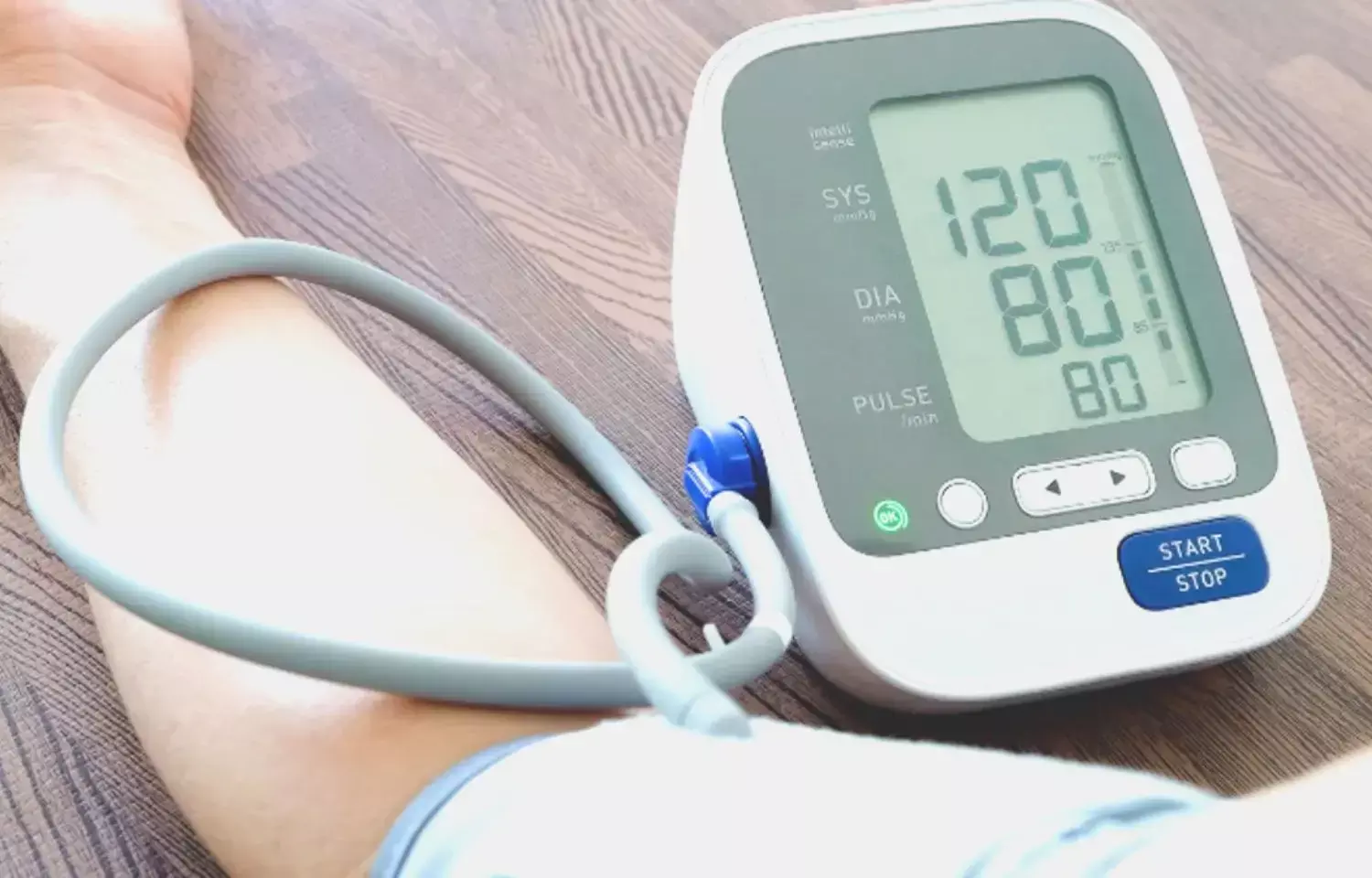- Home
- Medical news & Guidelines
- Anesthesiology
- Cardiology and CTVS
- Critical Care
- Dentistry
- Dermatology
- Diabetes and Endocrinology
- ENT
- Gastroenterology
- Medicine
- Nephrology
- Neurology
- Obstretics-Gynaecology
- Oncology
- Ophthalmology
- Orthopaedics
- Pediatrics-Neonatology
- Psychiatry
- Pulmonology
- Radiology
- Surgery
- Urology
- Laboratory Medicine
- Diet
- Nursing
- Paramedical
- Physiotherapy
- Health news
- Fact Check
- Bone Health Fact Check
- Brain Health Fact Check
- Cancer Related Fact Check
- Child Care Fact Check
- Dental and oral health fact check
- Diabetes and metabolic health fact check
- Diet and Nutrition Fact Check
- Eye and ENT Care Fact Check
- Fitness fact check
- Gut health fact check
- Heart health fact check
- Kidney health fact check
- Medical education fact check
- Men's health fact check
- Respiratory fact check
- Skin and hair care fact check
- Vaccine and Immunization fact check
- Women's health fact check
- AYUSH
- State News
- Andaman and Nicobar Islands
- Andhra Pradesh
- Arunachal Pradesh
- Assam
- Bihar
- Chandigarh
- Chattisgarh
- Dadra and Nagar Haveli
- Daman and Diu
- Delhi
- Goa
- Gujarat
- Haryana
- Himachal Pradesh
- Jammu & Kashmir
- Jharkhand
- Karnataka
- Kerala
- Ladakh
- Lakshadweep
- Madhya Pradesh
- Maharashtra
- Manipur
- Meghalaya
- Mizoram
- Nagaland
- Odisha
- Puducherry
- Punjab
- Rajasthan
- Sikkim
- Tamil Nadu
- Telangana
- Tripura
- Uttar Pradesh
- Uttrakhand
- West Bengal
- Medical Education
- Industry
Home-measured pulse pressure better predictor of CVD risk in type 2 diabetes patients

Japan: Home-measured pulse pressure (PP) compared to clinic-measured PP is better for predicting new-onset cardiovascular disease in type 2 diabetes patients, researchers state in a retrospective cohort study. The study appears in the journal Nutrition, Metabolism & Cardiovascular Diseases.
Pulse pressure is the difference between the upper (systolic) and lower (diastolic) blood pressure. This number can be indicative of health problems before symptoms develop. Pulse pressure can also sometimes that you're at risk for certain diseases or conditions. With age, pulse pressure tends to increase. It can be obtained by subtracting the bottom number from the top number.
Pulse pressure is known to be a prognostic predictor of cardiovascular mortality. Considering this, Emi Ushigome, Kyoto Prefectural University of Medicine, Graduate School of Medical Science, Kyoto, Japan, and colleagues conducted the KAMOGAWA-HBP study with the objective to determine the association between home PP measurements and cardiovascular disease in type 2 diabetes patients.
For this purpose, the researchers measured home blood pressure in 1082 patients with type 2 diabetes for 14 consecutive days, and pulse pressure was calculated. They were followed up for a 10-year period.
Based on the study, the researchers reported the following:
· A 10 mmHg increase in morning PP was associated with a 1.30-fold increase in the risk of cardiovascular disease.
· Cardiovascular disease risk was 1.88 times higher in the morning in the higher PP group than in the lower PP group.
· In the receiver operating characteristic analysis, the areas under the curve corresponding to the PP (morning, evening, and clinic) for new-onset cardiovascular disease were 0.63, 0.62, and 0.59, respectively.
· The area under the curve for PP measured in the morning was significantly greater than that for PP measured in the clinic.
These findings led researchers to conclude that home-measured pulse pressure is a better predictor of new-onset cardiovascular diseases in patients with type 2 diabetes.
Reference:
The study titled, "Home-Measured Pulse Pressure Is a Predictor of Cardiovascular Disease in Type 2 Diabetes: KAMOGAWA-HBP Study," was published in the journal Nutrition, Metabolism & Cardiovascular Diseases. DOI: https://doi.org/10.1016/j.numecd.2022.08.006
Dr Kamal Kant Kohli-MBBS, DTCD- a chest specialist with more than 30 years of practice and a flair for writing clinical articles, Dr Kamal Kant Kohli joined Medical Dialogues as a Chief Editor of Medical News. Besides writing articles, as an editor, he proofreads and verifies all the medical content published on Medical Dialogues including those coming from journals, studies,medical conferences,guidelines etc. Email: drkohli@medicaldialogues.in. Contact no. 011-43720751


